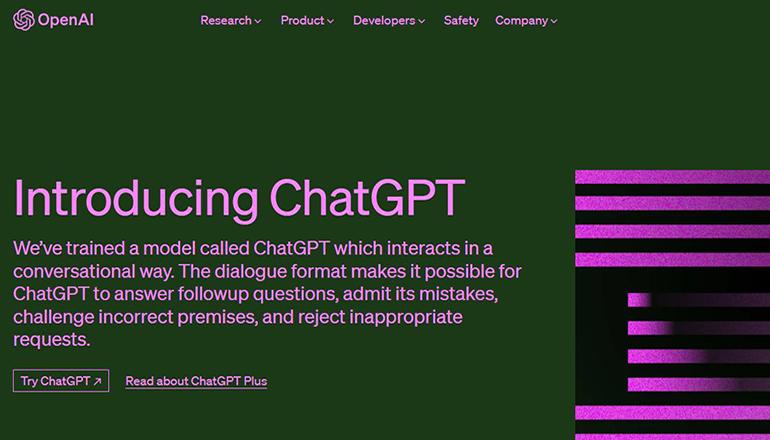(Missourinet) – A new school year is upon us, and Missouri teachers are grappling with the dual role of artificial intelligence as both a tool and a weapon.
Artificial intelligence, also known as AI, enables students to cheat on schoolwork but can also serve as a study partner or coach. This has led some U.S. school districts to ban the use of ChatGPT, a popular digital AI tool.
Melissa Randol, executive director of the Missouri School Boards Association and the Center for Education Safety, said artificial intelligence has both positive and negative aspects.
“Students see this technology both as a tool to help them with their homework, and sometimes it goes beyond that,” Randol said. “So, we’re very interested in how we can help students integrate this technology to enhance their educational opportunities without abusing it.”
She emphasized that the education community needs to proactively address the tools that are being weaponized.
“With ChatGPT, it’s very challenging,” said Randol. “The system is sophisticated enough to evade plagiarism detection. While ChatGPT is not perfect and has some errors, it learns. Other systems like it also learn and become more sophisticated. We can’t stop AI; it’s already out there. Kids are already more adept at using it than adults, which is typical for most technologies. So, how do we adapt to continue delivering quality education, knowing that these components exist? If someone wants to cheat on an exam or assignment, there are other ways to do it, not just through ChatGPT, but it has elevated cheating to a much more sophisticated level.”
AI is ubiquitous in various aspects of everyday life, from Siri and Alexa to robots and driverless cars.
“We’ve seen extensive discussions among federal policy leaders about AI,” Randol continued. “There’s a consensus that we, as a country and even beyond, need to develop better policies to manage this new form of AI and its impact on society. This technology doesn’t just affect education or journalism; it affects everyone. Our leaders need to continue these conversations and provide policies and protections. While this technology is exciting and offers many opportunities, we also need to safeguard against the dangers that come with it. For example, in the medical field, AI could expedite finding a cure for cancer.”
As for concerns about AI replacing teachers, Randol is not worried.
“What we learned, especially during the COVID years, is that virtual education doesn’t suffice for many of our students,” she said. “It’s clear that most children need face-to-face instruction, and there are other psychological impacts to consider in a virtual setting.”
Another advantage of AI is its ability to help teachers customize the curriculum for each student, moving away from a one-size-fits-all approach.


